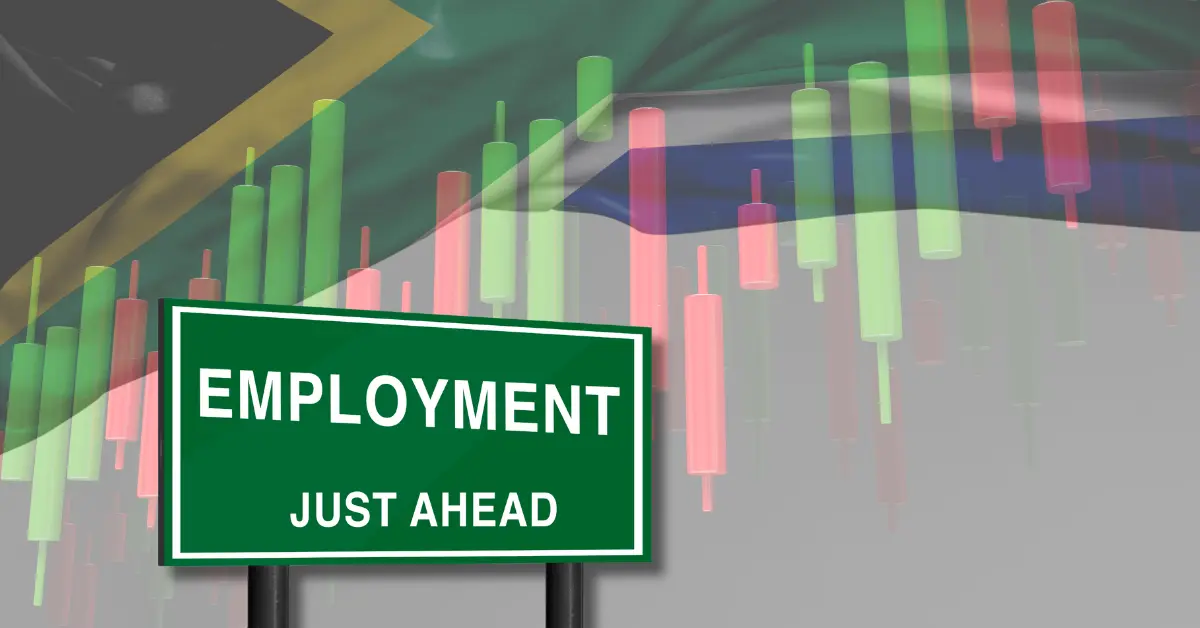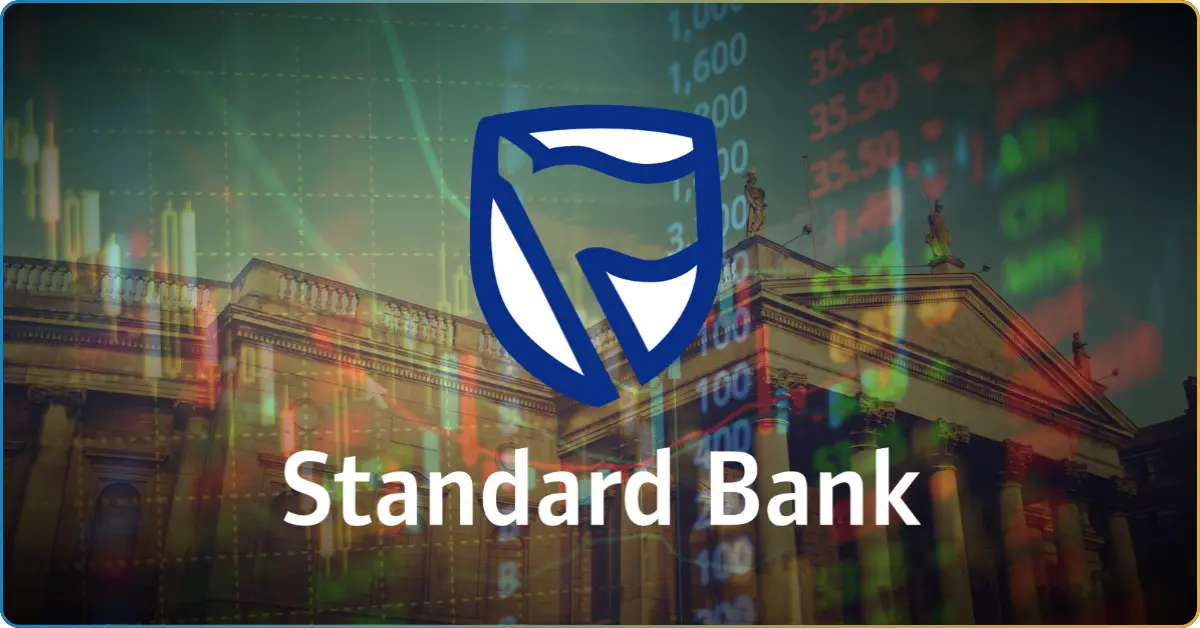Employed South Africans have increased by 249,000 in the third quarter of 2024, resulting in a decline the South Africa unemployment rate to 32.1%. This comes three months after the formation of the ambitious and market-friendly Government of National Unity in June 2024.
After years of persistently high unemployment rates, especially among the youth and black South Africans, this drop suggests a meaningful shift toward recovery.
The increase in employment was driven by job opportunities in the social services and construction sector and by businesses gaining back confidence from new business-friendly reforms.
According to Statistics South Africa, this is the first time the rate has fallen since last year.
The GNU welcomed this improvement and reiterated their commitment to prioritizing employment and economic growth.
“This marks a significant step forward for our economy. The decline in the unemployment rate is a testament to the hard work and dedication of our government working with all relevant stakeholders,” said Deputy Minister Nonceba Mhlauli in a statement on Tuesday.
Investor optimism over the coalition has also led to a rally in the country’s currency and stock market.
Meanwhile, the Johannesburg-based think tank Free Market Foundation (FMF) calls on the GNU to adopt structural reforms to the SA labor market. Dr. Morne Malan, Deputy Head of Policy at the FMF, said that the decrease in unemployment is a relief, but it is most likely due to the favorable sentiment toward the GNU. SA citizens call for policy reform to stabilize employment.
The State of South Africa Unemployment
South Africa has long struggled with high unemployment rates. In the second quarter of 2024, SA hit a record high of 34.4%, one of the worst rates since post-apartheid.
Despite recent improvements in the country’s economic growth, SA’s unemployment rate remains one of the highest in the world. Black South Africans experience the worst unemployment levels compared to other racial groups in the country.
According to Statistics-General Risenga Maluleke, the long-term unemployment rate has risen more than 10% in the last decade.
The formation of the GNU promised to prioritize economic growth and job development by creating new opportunities in key sectors such as mining, agriculture, small businesses, and green energy.
The recent decline in the unemployment rate is a positive sign, but South Africa still faces significant challenges in creating jobs and reducing unemployment for the long term.
How Better Employment Rates Will Affect Investments in South Africa
High employment rates significantly impact investments in a country, including both domestic and foreign investor decisions.
Labor market conditions reflect a country’s employment rates, and investors are always watching these numbers that can signal overall economic health and productivity.
Employment rates affect investments in the following ways:
Increased Consumer Demand
When more people are employed, there is generally more disposable income.
This allows South Africans the comfort of spending on non-essentials such as dining out, taking vacations, and entertainment. Additionally, it also gives South Africans the opportunity for bigger savings and retail investments.
A higher disposable income often stimulates the economy and stabilizes a country’s financial security.
Confidence in the Economy
A low unemployment rate is one of the indicators of a healthy economy, which can boost investor confidence.
This is seen as a favorable economic environment and can lead to increased foreign and domestic investment.
Labor Market Productivity
A high employment rate often means that a country is fully utilizing its available workforce. This creates a more efficient market where the skills of the workforce align with their job descriptions.
For investors, this could mean higher productivity levels and an efficient workforce.
GNU and Investor Sentiment
Several factors contribute to South Africa’s high unemployment rate. The economy has been slow to grow, political instability has dominated, and inadequate infrastructure has hampered it for too long.
Despite the headwinds, South Africa remains hopeful.
Related: Explainer: Why SA stocks are having its strongest year in 11 years
This year, South Africa formed the Government of National Unity, a coalition government composed of previously opposing political parties, to alleviate the economic pressures on SA citizens and businesses.
The coalition’s goal is simple – stabilize the South African economy and create jobs for its citizens.
Since its formation, its delegation has been met with “cautious optimism” by the population, businesses, and foreign investors, as the coalition government promised market-friendly reforms.
Johannesburg Stock Exchange CEO Leila Fourie said that the GNU’s market-friendly reforms have convinced the international public in a very positive way.
The decline in unemployment should give South Africa a long-needed economic boost. Meanwhile, SA policymakers are expected to sustain the positive momentum.
Join the Conversation on CommuniTrade
Keep pace with trading news, industry insights, and market analysis on CommuniTrade. Pose questions, validate information, and join conversations that matter.
Get started here.

















